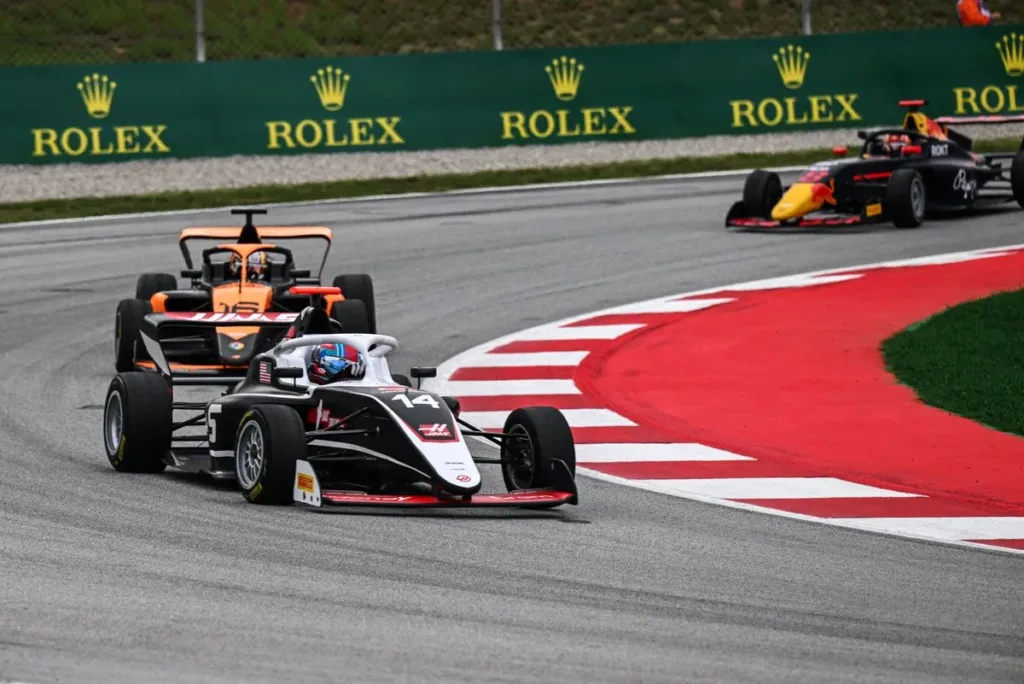FIA Adjusts Superlicense Rules, Shining Spotlight on Female Drivers in Car Racing
(Dakar, GT, and British GT News)
In a move that has sparked renewed discussion around the superlicense points system, the FIA has updated its Appendix L of the International Sporting Code to introduce more flexibility for drivers under 18. This latest decision raises questions about the effectiveness of the current framework in controlling who can compete at the highest levels of car racing.
The superlicense points system was introduced in 2016 to prevent scenarios like that of Max Verstappen, who joined Formula 1 at just 17 years old with limited single-seater experience. However, as the article notes, this “solution” failed to account for the full picture, as Verstappen had been driving competitively since the age of 3 and would have likely met the requirements anyway.
The system was designed to encourage drivers to progress through the junior racing ladder, but it has also created barriers for talented individuals like Britain’s Jamie Chadwick. Despite winning three consecutive W Series championships, Chadwick was not awarded the full allocation of superlicense points, forcing her to pursue opportunities in the Indy NXT Championship in the United States.
Chadwick’s success in Indy NXT, including a recent dominant victory at Road America, has heightened the discussion around the viability of female drivers in top-level motorsports.
The article notes that while the path to Formula 1 remains extremely challenging due to the superlicense points system, the emergence of initiatives like the F1 Academy and Girls on Track in the UK are providing new avenues for women to enter the sport.
The article also reflects on the journey of Danica Patrick, who left the comfort of the United States to hone her skills in the competitive environment of British Formula Ford in the early 2000s. Patrick went on to become a trailblazer, winning an IndyCar race outright at Motegi in 2008, paving the way for future generations of female talent.
As the car racing landscape continues to evolve, the FIA’s recent adjustments to the superlicense rules highlight the need for a more comprehensive and inclusive system that fosters the development of all drivers, regardless of gender. The article suggests that the FIA could consider granting special dispensations to credible female drivers, allowing them to participate in F1 free practice sessions and serve as role models for aspiring racers.
Overall, this article provides a thought-provoking perspective on the complex issues surrounding the superlicense points system and the ongoing efforts to create more opportunities for women in the world of car racing.
🔗 Source
